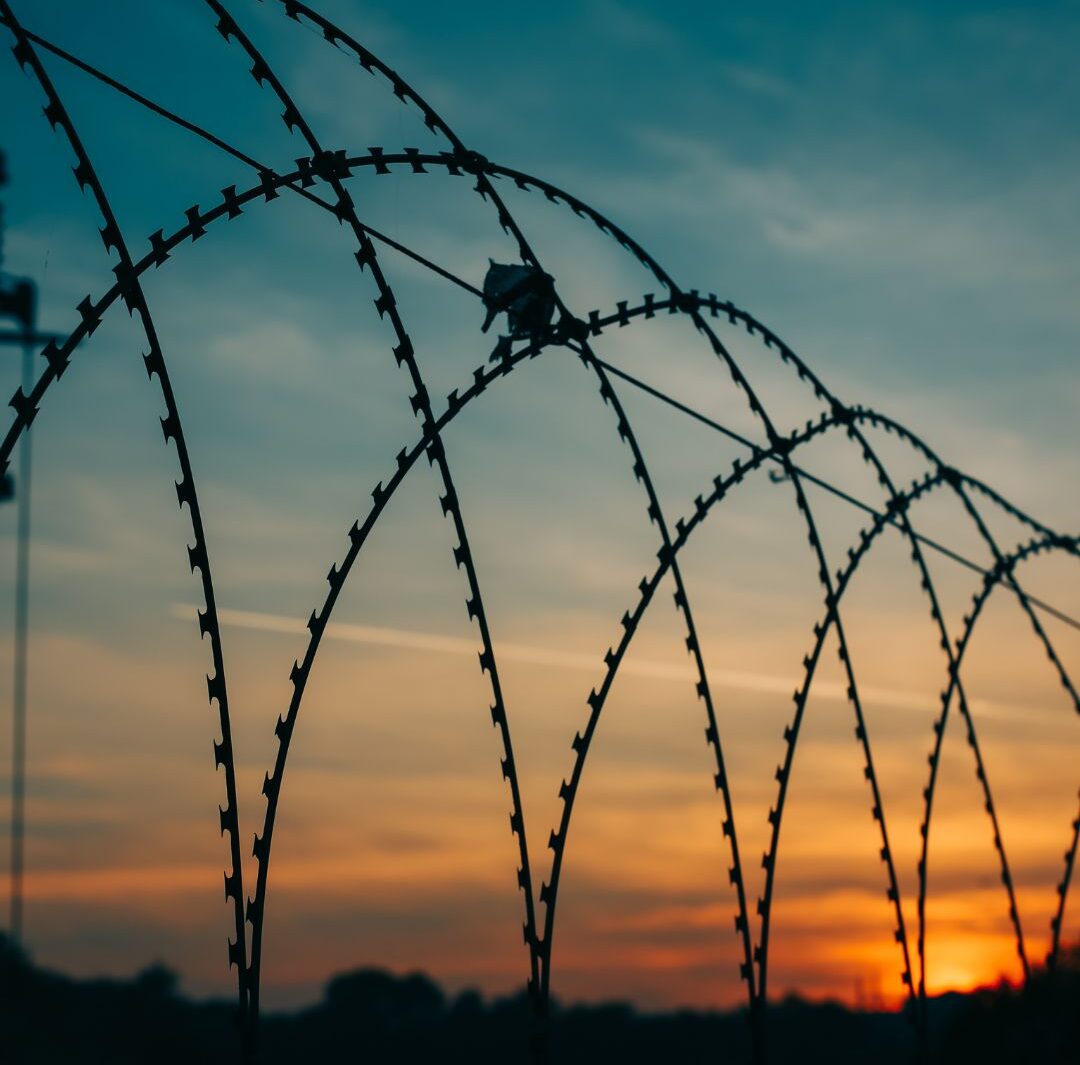Fragile Frontier Fractures: Thai Soldiers Maimed in Mine Incident, Sparking Ceasefire Crisis with Cambodia
In a stark reminder of the volatile undercurrents along Southeast Asia’s contested borders, three Thai soldiers sustained serious injuries on August 9, 2025, after detonating a landmine during a routine patrol in the Chong An Ma area of Sisaket province, near the Cambodian frontier. The blast, which officials attribute to a PMN-2 anti-personnel mine of Cambodian origin, has thrown the recently brokered ceasefire into jeopardy, raising alarms over potential escalation in a region long plagued by territorial disputes.
The incident unfolded just days after an ASEAN-mediated truce took effect on July 28, intended to halt sporadic clashes that erupted in mid-July over overlapping claims near the ancient Preah Vihear temple. According to Thai military reports, one soldier suffered a traumatic amputation of his left foot, another endured shrapnel wounds to the back and arm, and the third grappled with severe auditory trauma from the explosion’s pressure wave. All were swiftly evacuated to a nearby hospital, where they remain under treatment. This marks the third such event in recent weeks, following similar detonations on July 16 and 23 in adjacent Ubon Ratchathani province, prompting Thailand to lodge formal complaints under the Ottawa Convention against landmine use.
Thai authorities have pointed fingers squarely at Cambodian forces, accusing them of deploying the devices in violation of the ceasefire and international accords. “This act reveals a profound lack of commitment to peace,” stated a Royal Thai Army spokesperson, emphasizing forensic evidence linking the mine to Cambodian stockpiles. The accusation has fueled demands for enhanced border monitoring and ASEAN intervention to deploy neutral observers. In response, Phnom Penh has rebuffed the claims as “baseless speculation,” asserting that any mines in the area are remnants from historical conflicts and urging joint demining efforts instead of finger-pointing.
The flare-up underscores deeper historical frictions, rooted in the 1962 International Court of Justice ruling awarding Preah Vihear to Cambodia, which has periodically ignited skirmishes since. With both nations ramping up military presence—Thailand reporting multiple ceasefire breaches by Cambodian troops—the situation threatens to unravel regional stability, potentially impacting trade routes and tourism vital to Indo-Thai economic ties. Analysts warn that without swift diplomatic reinforcement, including possible UN involvement, the border could descend into renewed hostilities, echoing the deadly 2011 clashes that claimed dozens of lives.
As investigations continue, calls grow for transparency and accountability, with Thailand’s Foreign Ministry condemning the incident as a deliberate provocation. For communities along the frontier, the explosion serves as a grim harbinger, where the scars of past wars linger beneath the soil, ready to erupt anew



